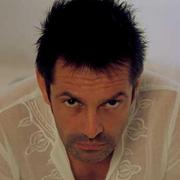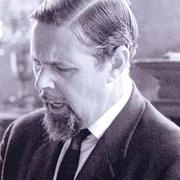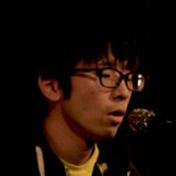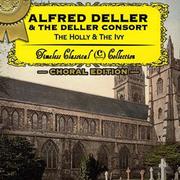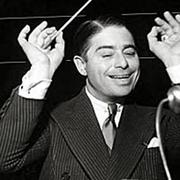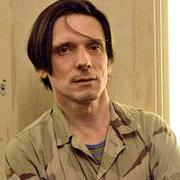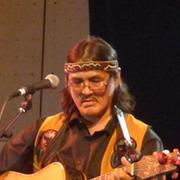Alfred Deller
| 基本信息 | |||
|---|---|---|---|
| 姓名 | Alfred Deller | 别名 | 暂无 |
| 国籍 | 英国 | 出生地 | |
| 语言 | 性别 | 男 | |
| 生日 | 星座 | ||
| 身高 | 体重 | ||
The English counter-tenor, Alfred Deller, was the man most responsible for the renaissance of music for counter-tenor in the 20th century. He was a pioneer in popularizing the current practice of authentic early music performance, and he revived the counter-tenor voice as a vehicle for accurate performances of Medieval, Renaissance and Baroque music.
Alfred Deller was virtually completely self-taught. His father was a PE teacher for the Army and not musical. Alfred began to sing as a boy soprano, later developing the alto (counter-tenor) range. He sang in the choirs of the Canterbury Cathedral from 1940 to 1947, and at St. Paul in London. Michael Tippett heard him with the Canterbury Cathedral choir and invited him to London to make his debut.
Alfred Deller came to the attention of the English public after a 1946 radio broadcast of Purcell's Come, ye Sons of Art, away. During the early years of his career, he concentrated on performing English Baroque and pre-Baroque composers such as Purcell and Dowland. His scholarship and musicianship brought him, international admiration.
In 1950 Alfred Deller formed his own vocal and instrumental ensemble, the Deller Consort, acting as conductor and soloist in a repertoire of early English music. The group which dedicated itself to performing early music using authentic performance practice. This unique enterprise of distinguished singers led to a modest revival of English madrigals of the Renaissance. From 1955 until 1979, they toured internationally, bringing the music of this period to a new public. They set a high standard for authentic performance practices of Baroque music, ranging from J.S. Bach and George Frideric Handel through John Blow, Henry Purcell and John Dowland. In 1964, Deller's son, Mark, joined the Deller Consort, also as a counter-tenor.
Alfred Deller was virtually completely self-taught. His father was a PE teacher for the Army and not musical. Alfred began to sing as a boy soprano, later developing the alto (counter-tenor) range. He sang in the choirs of the Canterbury Cathedral from 1940 to 1947, and at St. Paul in London. Michael Tippett heard him with the Canterbury Cathedral choir and invited him to London to make his debut.
Alfred Deller came to the attention of the English public after a 1946 radio broadcast of Purcell's Come, ye Sons of Art, away. During the early years of his career, he concentrated on performing English Baroque and pre-Baroque composers such as Purcell and Dowland. His scholarship and musicianship brought him, international admiration.
In 1950 Alfred Deller formed his own vocal and instrumental ensemble, the Deller Consort, acting as conductor and soloist in a repertoire of early English music. The group which dedicated itself to performing early music using authentic performance practice. This unique enterprise of distinguished singers led to a modest revival of English madrigals of the Renaissance. From 1955 until 1979, they toured internationally, bringing the music of this period to a new public. They set a high standard for authentic performance practices of Baroque music, ranging from J.S. Bach and George Frideric Handel through John Blow, Henry Purcell and John Dowland. In 1964, Deller's son, Mark, joined the Deller Consort, also as a counter-tenor.
 加载评论内容,请稍等......
加载评论内容,请稍等......

